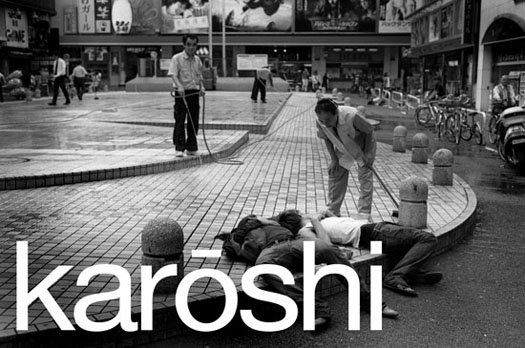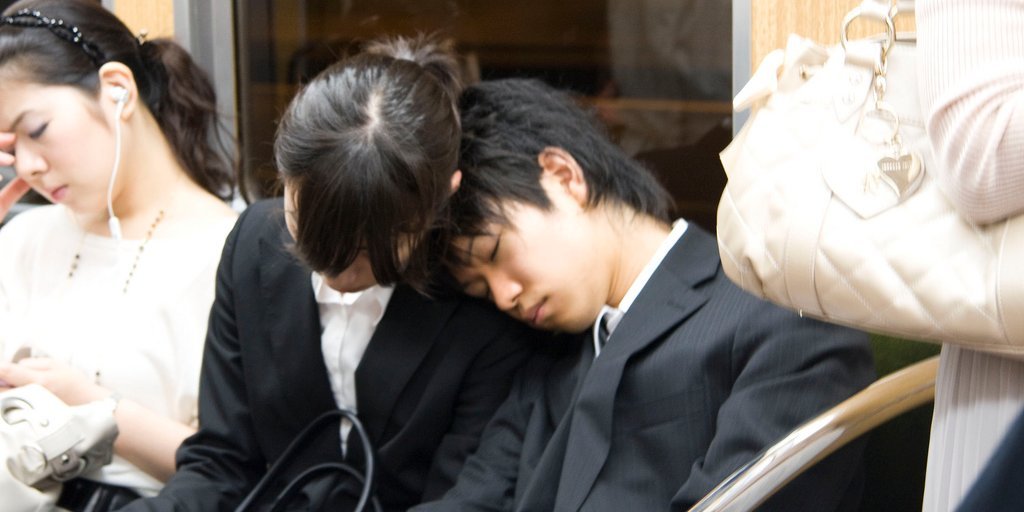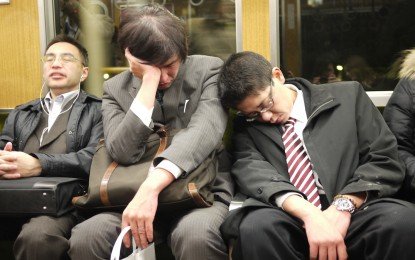
It is called Karoshi (かろうし) in Japan. I am not certain if a similar word exists in any other country, but even in Japan, where this word has become a mainstay of the lexicon, you hardly hear it being uttered, except in whispers and morose stares. He or she died from a heart attack, a stroke and sometimes they might say suicide.
To say that the Japanese work hard is an understatement. At the risk of overstating, I would say work in this country is an obsession as is the case with many things the Japanese do. Maybe obsession is not the word I am looking for, perhaps it is diligence. But whatever one calls it, it is causing some Japanese their lives and is part to blame for the falling birthrate (I will write about this soon). The society demands that you get whatever you are doing right. There is little avenue for failure, especially when you get into the corporate world, life becomes even more brutal.





In Japan, you are valued based on the number of hours you put in, in such a homogenous society the least infraction can make you a pariah; so doing fourteen hours per day, sometimes on weekends is not uncommon. The culture demands it.
I met Kosei at a beach party in summer. He had just been promoted to manager of a trucking company and he wanted his workers to learn English. During the conversation, I asked him how many hours he worked on average. He said about 17 hours per day. On Saturdays, he clocked in hours also. Throughout our conversation, he kept saying—Tsukareta—the Japanese word for tired. The beach party was his first attempt at a vacation in several years.
In fact, Japanese culture requires that you apologize to your colleagues when you return to work. While I am not allowed by law to work as many hours as the Japanese, I have experienced some of it. When I leave the office, I have to apologize for leaving before the Japanese teachers. As a side note I leave them at work, by the time I get to work they are already there; always.
And while I do not know any victim of kiroshi, it is quite common to find people who have at least met a victim of this phenomenon, especially if you live in or close to Tokyo. You have over 2,000 of these deaths every year so you can understand why so many people know someone or the family member of someone who die from overwork.
Through the lenses of an outsider, one wonders if it would have been possible to build the society they have now without people making the sacrifice. After all, there is no free lunch. And while the Japanese are claiming that the price of the ticket is too high. I wonder if these cultural values, were they to change, would see Japan taking a step or two backwards.


